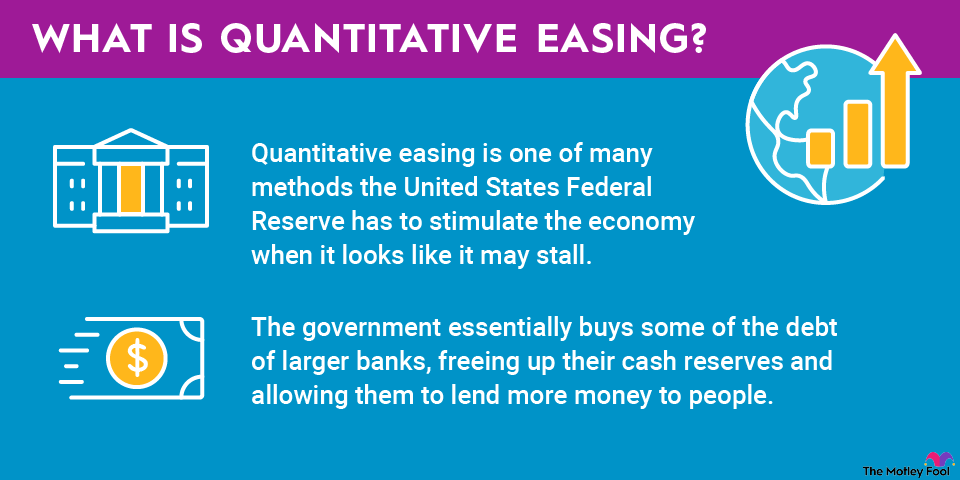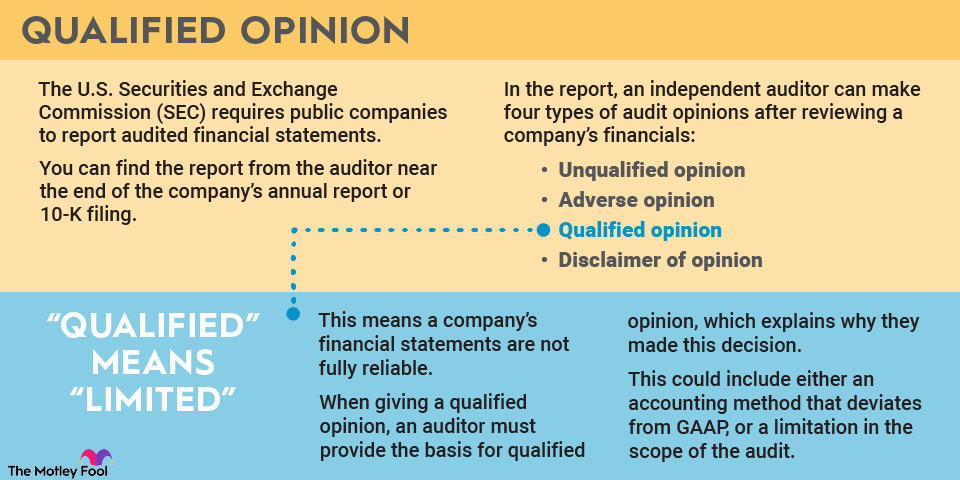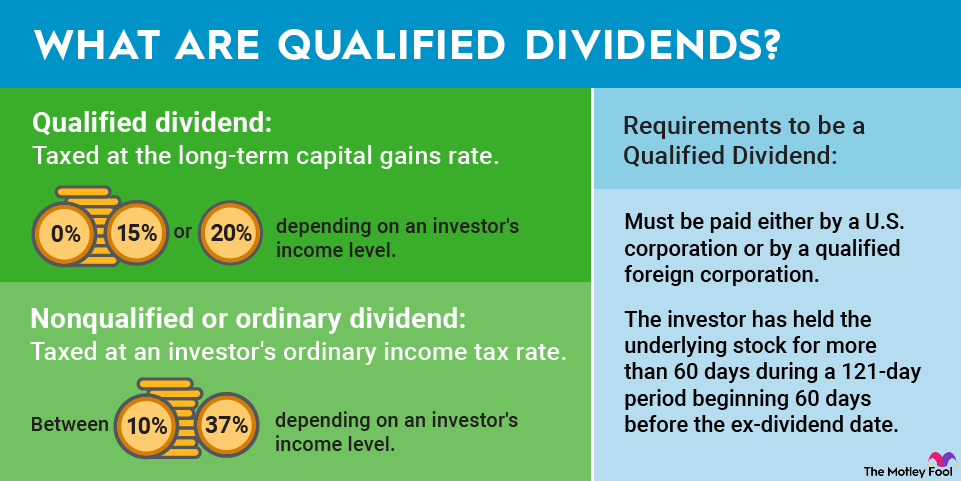Investors are understandably excited about the emerging field of quantum computing because it could be one of the greatest technological revolutions of our time. In principle, quantum computers can complete mathematical calculations exponentially faster than existing computers. Many people believe that quantum computing could advance fields such as machine learning, pharma, cryptography, optimization, and more. It's an opportunity that could be worth more than $1 trillion.

Quantum computing explained
The basic premise of classical computing is that a switch can only either be on or off -- a zero or a one. This simple binary code powers almost everything digital. By comparison, quantum computing harnesses the power of quantum mechanics. In the world of quantum, things aren't binary; rather, zeroes and ones exist at the same time and to varying degrees in a state known as a superposition.
Classical bits only represent a single piece of information at a time -- whether it is one or whether it is zero. But quantum bits, known as qubits, represent two pieces of information to account for the superposition -- the probability of the one and the probability of the zero. This means that these two contrasting systems scale quite differently. For example, three bits only represent three pieces of information; three qubits represent eight. Likewise, four bits represent four pieces of information, but four qubits represent 16. When someone says that quantum computers are "exponentially" more powerful than classical computers, this is precisely what they mean.
Quantum computing's big potential
If this makes your head spin, don't feel bad -- physicists are still actively researching quantum mechanics. However, one can still appreciate the potential of quantum computing without necessarily understanding all of the science behind it.
For instance, artificial intelligence (AI) gets "smarter" with machine learning -- using data to learn and make self-improvements. Computers make this work by using algorithms, which are procedures involving multiple steps. That sounds benign on a small scale. But for classical computers, this involves a lot of time and energy, considering the large requisite datasets of AI. Quantum computing algorithms take less time and energy because they require fewer computational steps. At scale, quantum computers could consequently advance AI technology beyond what's possible today.
Quantum computing also could completely change the game when it comes to pharma. Novel drug discovery involves a lot of trial and error. However, quantum computers can consider multiple options concurrently, so it's possible that quantum computing could accelerate drug discovery in exciting ways by not running into as many dead ends. These are just a couple of practical ways that quantum computing could change the world.
How investors should approach quantum computing
There are several quantum computing stocks out there to invest in. But as promising as the space is, investors need to recognize ongoing challenges. For instance, outside interference (such as from the earth's own magnetic field) can cause a qubit to accidentally flip from the position it should be in, resulting in errors. This is known as noise, and it's just one example of something that's holding the technology back.
Quantum computing companies are all in various stages of development and are attempting to solve problems with disparate approaches. It remains to be seen which approach is best and which company will ultimately be the most successful. That's why investing in a quantum computing exchange-traded fund (ETF) can be a good option -- it holds various quantum computing stocks in a single investment vehicle. Alternatively, one can invest in Alphabet (GOOG +0.48%)(GOOGL +0.69%), given its leadership in quantum computing as well as its core businesses that will sustain the company if quantum computing doesn't pan out. Or investors can simply wait for the space to mature more before putting their money on the line.
The road ahead for quantum computers
Today, quantum computers are largely available on cloud-computing platforms, allowing businesses to experiment with the technology. Government agencies also fund a lot of research. And it's clear that the technology has much further to develop. Many quantum computing companies currently have systems that are only measured in the hundreds of qubits. However, Google's own long-term roadmap is targeting systems with a million or more qubits. Others agree that there's still much to be done in scaling quantum computing.
For now, investors will want to monitor breakthroughs in the space because each will lead us a step closer to realizing the full potential of quantum computing.








